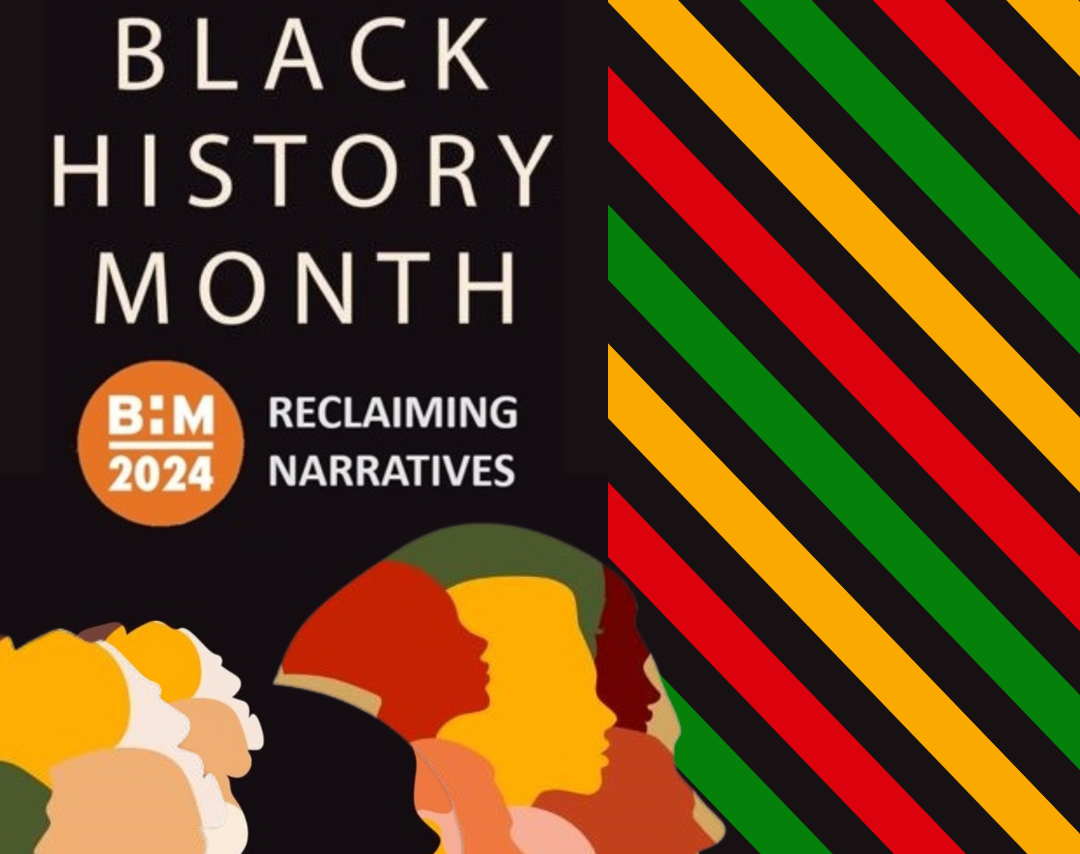
This year’s Black History Month theme, “Reclaiming Narratives,” represents a vital shift in focus for several reasons, emphasising the importance of agency, self-representation, and control over historical and contemporary stories of Black communities.
Here are 10 reasons why this theme is a particularly important and impactful one:
1. Empowers Black Voices
The theme places the power of storytelling in the hands of Black individuals, ensuring that their voices, experiences, and perspectives are at the forefront. It disrupts the long history of others defining or misrepresenting Black identity, allowing authentic narratives to flourish.
2. Challenges Historical Erasure
Many important Black historical figures, events, and contributions have been underrepresented or entirely omitted from mainstream history. Reclaiming narratives is crucial for addressing this erasure and ensuring that Black contributions are fully acknowledged and celebrated.
3. Counters Stereotypes and Misrepresentations
The media, literature, and historical accounts have often portrayed Black people through harmful, negative stereotypes. This theme allows Black communities to correct these misrepresentations by presenting nuanced, diverse, and accurate reflections of their identities.
4. Promotes Intersectionality
Reclaiming narratives means recognizing the diversity within the Black experience, including the intersections of race with gender, sexuality, class, and other identities. This shift allows for more inclusive and varied stories, reflecting the multifaceted nature of Black lives.
5. Reframes African Diasporic History
This theme encourages people to look beyond the narrow focus on slavery or civil rights movements and explore the richness of African diasporic cultures, achievements, and contributions across the world, both past and present.
6. Inspires Cultural Pride
By emphasising stories that highlight resilience, creativity, innovation, and leadership, this theme fosters a renewed sense of pride and belonging in the Black community. It shifts the focus from trauma to triumph, showcasing stories of success, brilliance, and progress.
7. Fosters Intergenerational Connection
Reclaiming narratives encourages the passing down of stories from one generation to the next, promoting a strong sense of continuity and connection to cultural roots, heritage, and identity. This strengthens community ties and collective memory.
8. Supports Decolonisation of Education
Traditional educational systems often promote a Eurocentric version of history. Reclaiming narratives challenges this by pushing for curriculum changes that reflect a more accurate and inclusive portrayal of Black history, elevating Black scholars, leaders, and movements.
9. Encourages Active Engagement with History
This theme is not just about revisiting the past, but about actively engaging with how history shapes current realities. It encourages the Black community to reassess their stories and fight for the spaces in which their histories and contemporary experiences are recognised and respected.
10. Amplifies Resistance and Activism
Throughout history, the fight for racial justice has been accompanied by acts of storytelling and reclaiming history. This year’s theme aligns with ongoing struggles against systemic racism, helping to strengthen today’s social justice movements by drawing from historical lessons and elevating the narratives of activists, past and present.
This year’s theme marks a significant moment in redefining how Black stories are told, ensuring that they are inclusive, accurate, and empowering, helping to shape a more just and equitable future.
~ Inclusive Recruiting
Continued conversations nurture better understanding and allyship. We can help you facilitate these conversations and help you take a more impactful approach to building a truly inclusive workplace!
Sign your team up today for our one of our inclusion training workshops.

